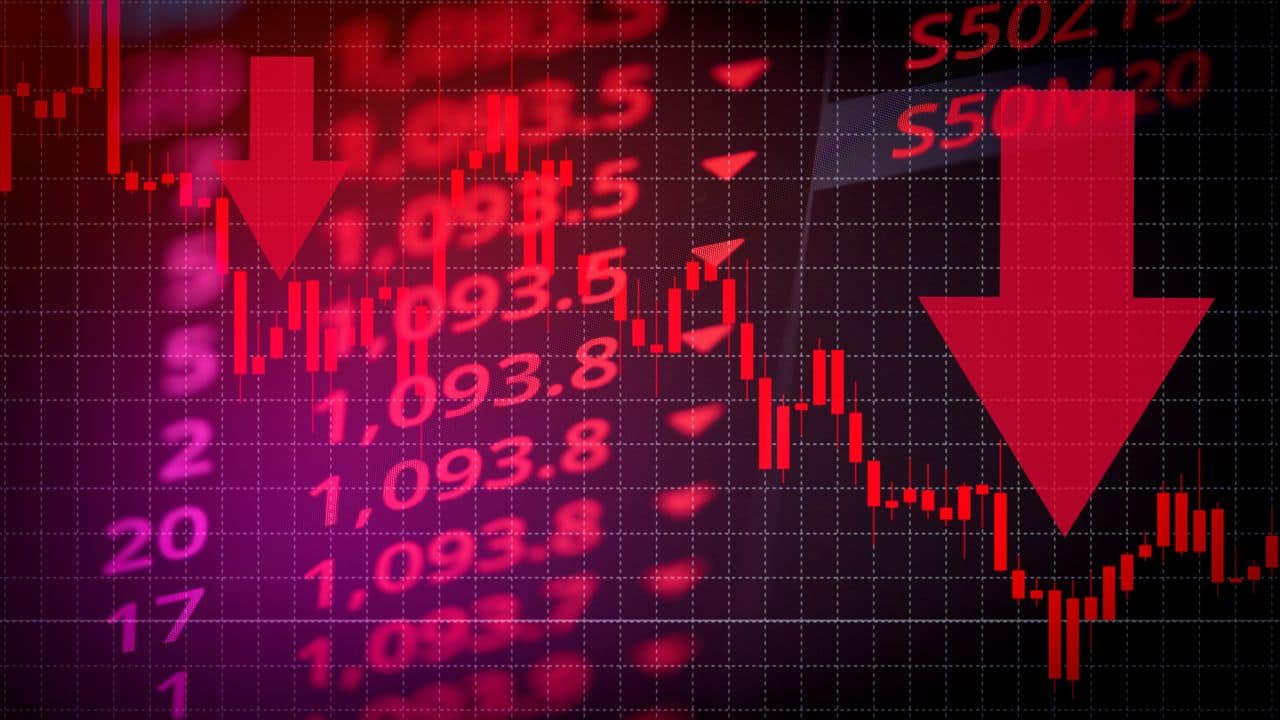US President Donald Trump abruptly reversed course on his most aggressive set of tariffs this week, pausing new levies on nearly all US trading partners—except China—just days after launching what he branded a global “liberation” from unfair trade practices. The 90-day halt marked a dramatic climbdown for a president who had vowed to reshape global commerce and defy elite opinion, but ultimately yielded to mounting financial and political pressure, the Financial Times reported. Markets, not diplomats, forced the shift The reversal came after steep sell-offs in both equities and government debt, with top economists including former Treasury Secretary Lawrence Summers warning of an impending financial crisis.
Trump, who built his business empire with debt, admitted watching the bond market closely. “The bond market is very tricky,” he said Wednesday. “People were getting a little queasy.

” He also cited JPMorgan CEO Jamie Dimon’s warning of a looming recession on Fox Business as influential in his decision. Political allies and donors raise alarm Until the weekend, Trump had remained defiant despite turbulence in the markets. But pressure intensified as even loyal Republican lawmakers began to voice concerns.
Tech billionaire Elon Musk and other major GOP donors reportedly urged the White House to pull back. By Monday, Treasury Secretary Scott Bessent—seen as a credible voice on Wall Street—was tasked with spearheading new negotiations, sidelining hardliner Peter Navarro. Negotiators reframe retreat as ‘strategy’ Speaking from the White House lawn, Bessent insisted the reversal was part of a long-planned strategy, saying it had compelled over 75 countries to come to the negotiating table.
“It took great courage for him to stay the course until this moment,” Bessent said, describing the result as “good faith” diplomacy. However, just days earlier, he had publicly defended the tariffs as a path to reindustrialising the US and addressing inequality. Selective pressure remains on China Despite the broader pause, tariffs on China remain in place, reflecting the administration’s continued intent to target Beijing with its harshest trade measures.
A Wall Street executive close to the White House said Bessent played a key role in persuading Trump to maintain penalties on China while backing off from allies with historically strong US ties. Business relief tempered by ongoing uncertainty Though business groups welcomed the pause, they emphasised that much uncertainty remains. “While this temporary pause may lessen the immediate pain, it doesn’t diminish the uncertainty that is paralysing companies’ trade, sourcing and investment calculations,” said Jake Colvin, president of the National Foreign Trade Council.
With threats still looming over industries like autos and pharmaceuticals, many are calling for long-term de-escalation and clarity. Democrats criticise global disruption Democrats, meanwhile, continued to hammer Trump despite the rollback. “The chaos, uncertainty, and real damage of the Trump Tariff Tax will not disappear in 90 days,” said Senator Dick Durbin of Illinois.
“The president has created a global mess at the expense of American families and businesses.” Markets still watching for stability While the president’s reversal reassured investors for now, many on Wall Street remain wary of future volatility. As one observer noted, “Trump is fine with Wall Street taking a hit but he doesn’t want the whole house to come down.
” The pause, though temporary, demonstrated that despite Trump’s populist rhetoric, markets still hold sway over his trade strategy..
















